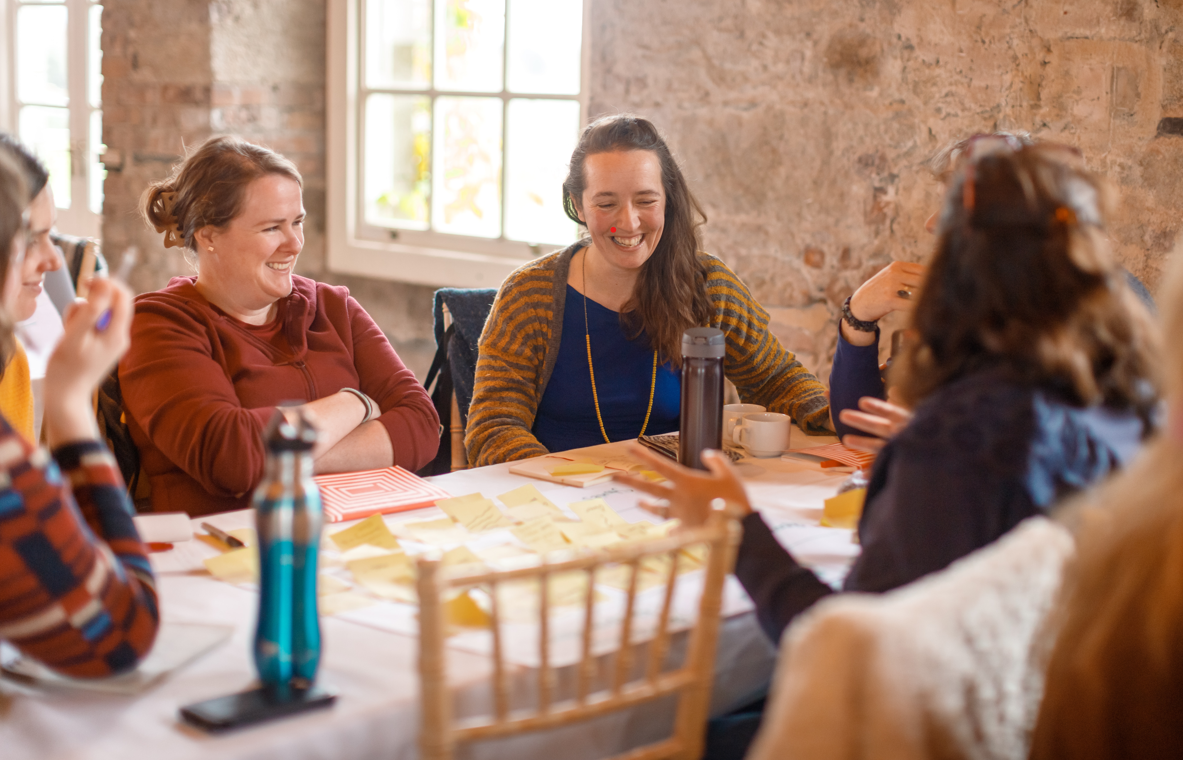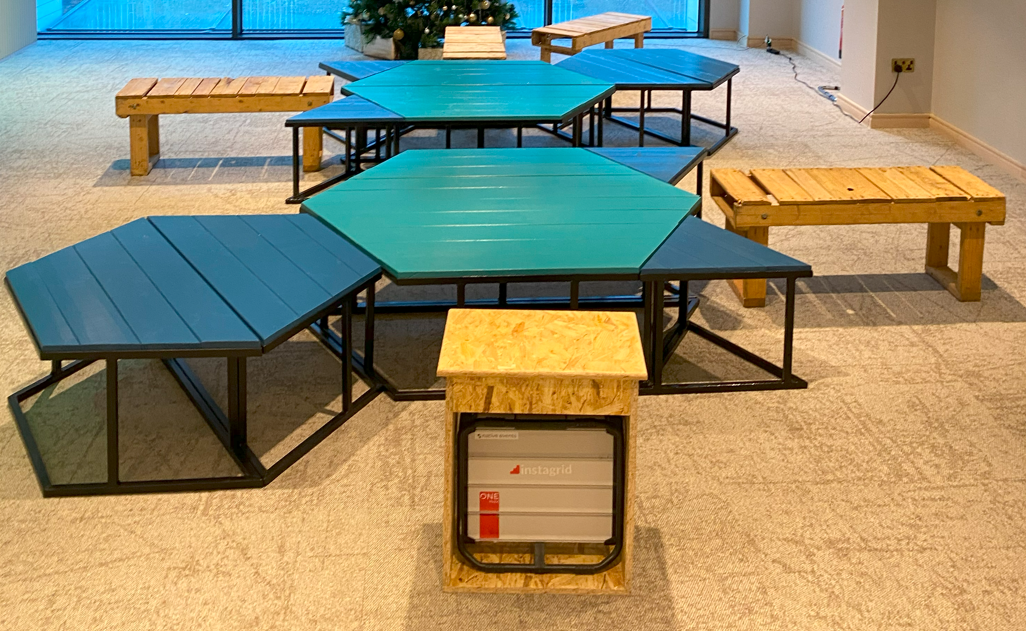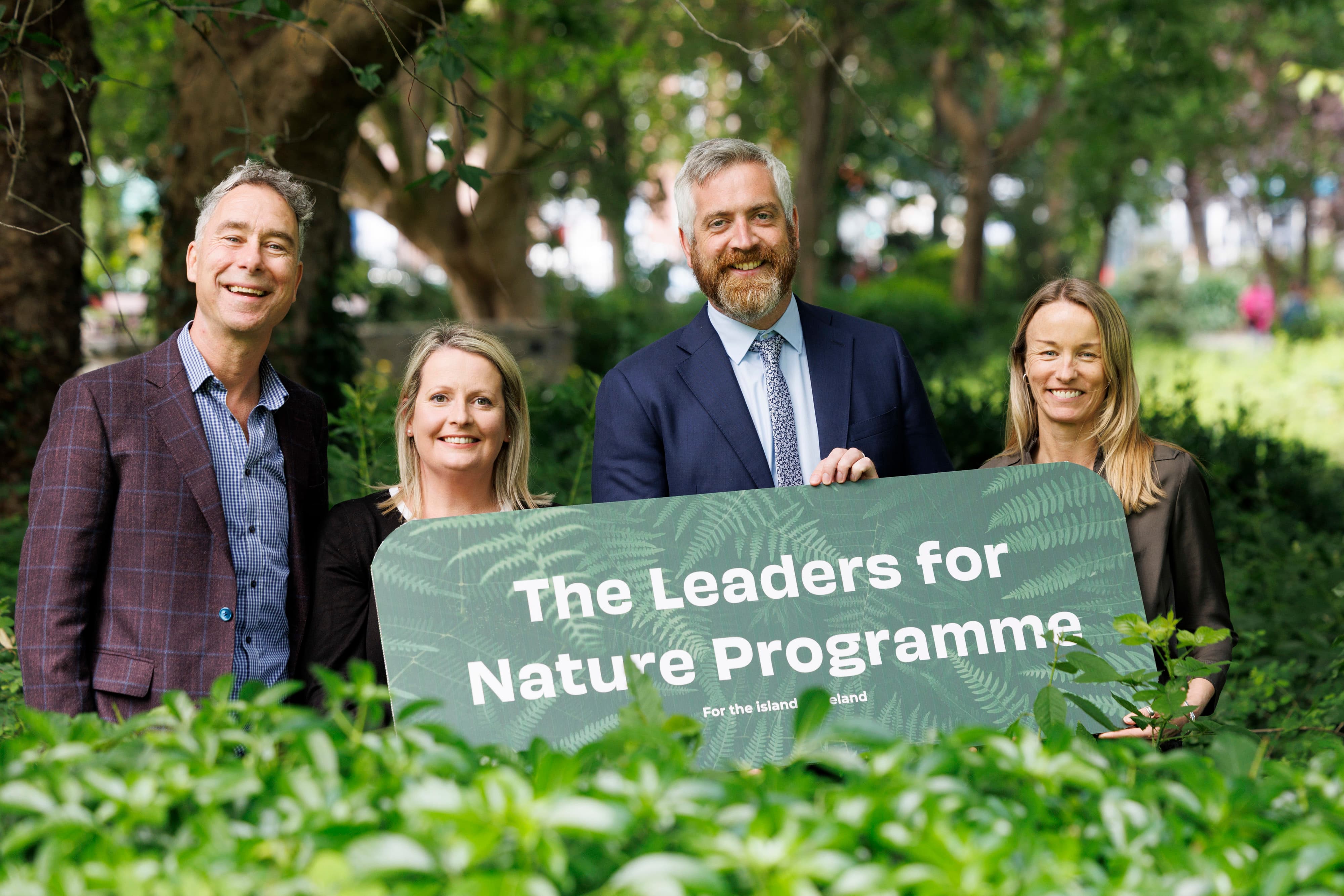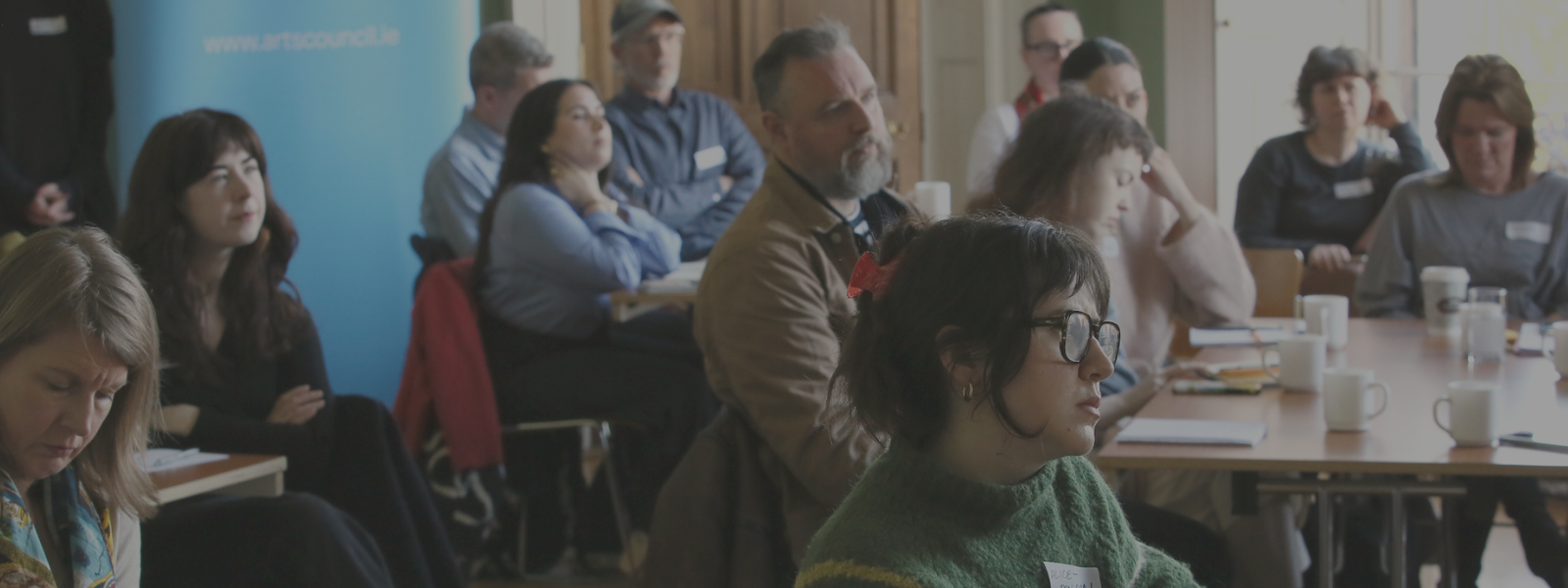What does it mean to have a sustainable event? And can you do it effectively within budget?
Over the past 20 years of working with festivals, arts organisations, local councils and creative individuals we have gathered experiences and insight on creating sustainable events – of all shapes and sizes, both indoors and out – that operate successfully within a circular economy.
We have compiled five of our top tips for creating truly environmentally and economically sustainable events and experiences – regardless of how big or small.
 1 PLAN CIRCULAR
1 PLAN CIRCULAR
Firstly let’s look at what the three core principles the circular economy is based on
- Eliminate and prevent waste
- Keeping materials in use.
- Regenerate nature.
Think about how your event operates around these three aspects, and if it adheres to the core principles of the circular economy. Can you prevent the amount of waste being produced at this event and repurpose as much materials as possible? Planning well in advance can help achieve these sustainability goals.
2 GO SOLAR
Think about how the event will be powered. If you’re planning an outdoor experience or an off-grid workshop then portable solar generators and sound systems are ideal for flexibility and low carbon emissions.
3 REPURPOSE & REUSE
From furniture to pens, lanyards to tote bags, there can be lots of accessories that come with tailored events. Reducing the amount of materials and encouraging attendees to return these products after the event can be a very simple way to reduce both waste and costs.
- Look at surplus stock left over from any previous events, what can be reused – eg, notebooks, pens, lanyards.
- Ask attendees and visitors to take only what they need, and return anything they do not use, ensuring that these materials are once again repurposed for future events.
- At Native Events our sustainable production services includes upcycled furniture, planters and tables – all are made from salvaged wood, pallets and other furniture, extending the life cycle of the materials in use, and preventing them from going to waste disposal.

Repurposed materials were used to create these wooden tables and benches for UCLG Culture Summit, Dublin 2023
4 RENT & REFILL
Avoid single use plastics where and when possible, keep costs down by using what’s readily available or look at renting options.
- If you don’t have readily usable plates, cups and utensils then think about renting these items from local accredited events companies.
- Champion those bringing their own water bottles and keep-cups, ensuring refill stations are easily accessible and well sign posted.
5 ACTIVE TRAVEL & PUBLIC TRANSPORT
Encouraging visitors and participants to choose public transport or greener travel options. Promote these options with incentives like discounts, freebies or shout outs for those who opted for greener modes of transport and give them the ‘feel good’ factor.
- Detailed information about the public transport near the event
- Bike parking options
- Health benefits of Active Travel: Get your daily steps in! Outlining how many steps walking to the venue would be from nearby train stations and bus stops.
- Carpooling and nearest parking spaces or drop off points.
Don’t forget to be transparent with participants and visitors about your attempts to have a more sustainable event, involving everyone in the promotion of your event and environmental efforts.
We hope these pointers will help any event organiser create a sustainable and engaging experience for all involved, avoiding single use plastics, reducing carbon emissions and aiming for waste reduction.
For more information on eco-event production and solar energy solutions just contact us on +353 (0)83 020 4525 or email info@nativeevents.ie






